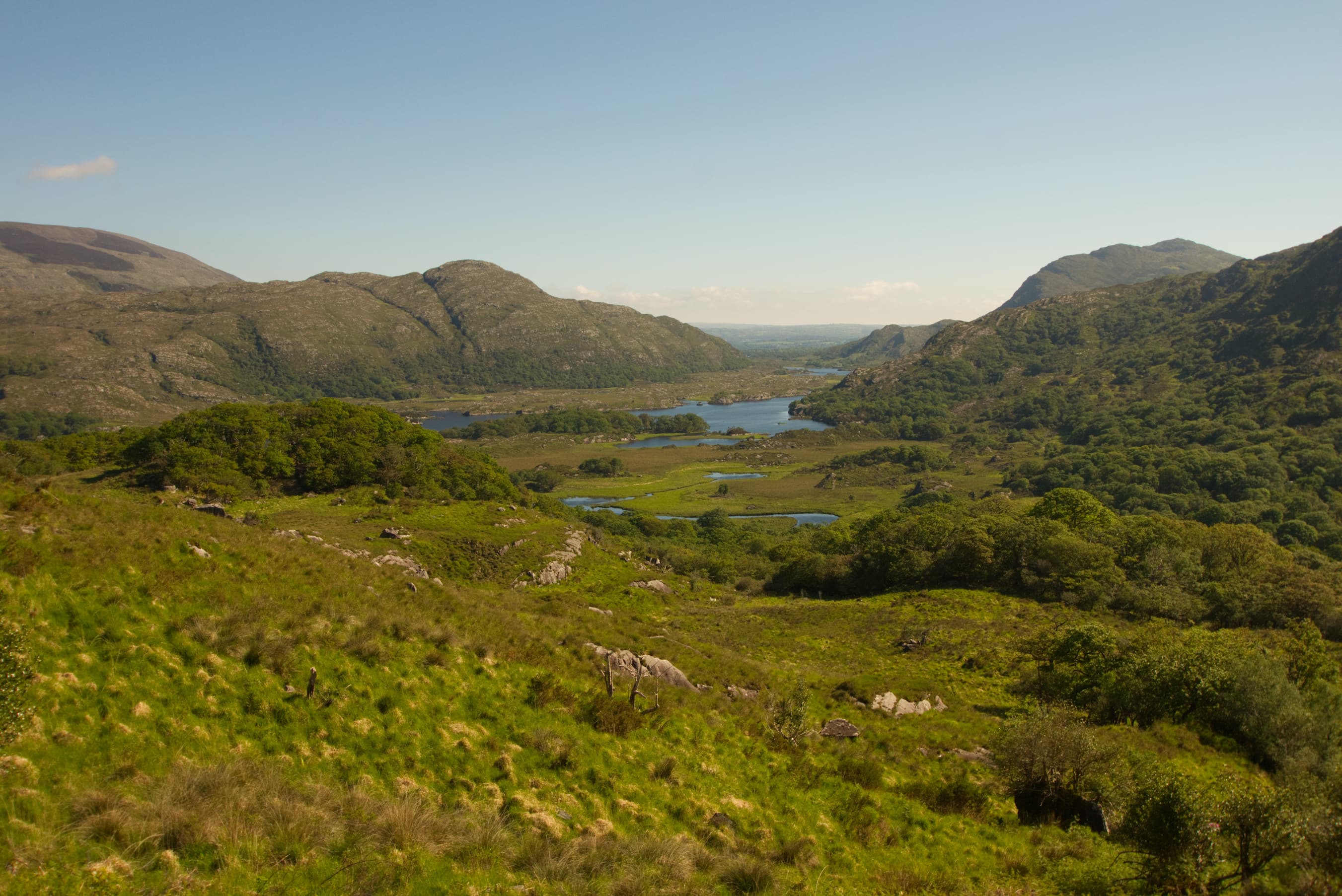Success
Humans have been camping for millennia. But when did we start doing it for fun?
Clean air. Great views. A sheltered spot to rest your head. The chance to switch off and cook over an open fire; no work calls to pick up, no complicated meals to prepare.
As far as holidays go, a camping getaway is one of the best ways of doing what the experts say we should all do more often: disconnect from our phones, get some exercise, and take time out from our overstuffed routines.
We haven't always gone camping for the fun of it though. It's something that humans have been doing for millennia, but mostly out of a simple need for shelter. So...
When did people start camping for fun?
In Victorian times, it became fashionable to camp alongside the River Thames. Those who were rich enough to have servants and the luxury of free time were drawn to the pastimes of 'pleasure boating' and setting up camp on the riverbank as they travelled. Back then, camping gear was heavy and inefficient, and the easiest way to transport it was by boat.
Recreational camping was further popularised in the 20th century by Thomas Hiram Holding, who wrote The Camper's Handbook in 1908.
Holding was an Englishman and an adventurer who had developed a love for the pastime while crossing the North American prairies in the 1850s. By his own admission, he decided to write The Campers Handbook whilst camping on the banks of Lough Leane in Killarney (no surprise there that the Irish countryside was a source of inspiration!)

KILLARNEY NATIONAL PARK: It's been years since camping was permitted here, but at least the views are still uninterrupted.
Campgrounds run by the YWCA (Young Women's Christian Association) and the YMCA popped up in the U.S in the 1870s. But once again, the tradition of holiday camping was forged closer to home. Cunningham's Camp, which opened on the Isle of Man in 1904, is one of the earliest recorded holiday campsites. Staying true to the island's name, the camp was a men-only holiday destination. Marketed as the 'Cheapest Holiday in the World,' the site held 1500 tents, boasted a large dining pavilion, and attracted hundreds of visitors each year until it was requisitioned as an internment camp during the First World War.
Over time, camping outgrew its reputation as a gentleman's pastime; facilities and transport methods also improved. The advent of cars made carrying equipment into remote areas much easier. Meanwhile, the establishment of national parks, scout groups, and commercial campsites allowed camping to soar in popularity during the latter half of the 20th century.
Not to mention, advancements in camping equipment and the materials used to make tents have convinced more people to take up the pastime in recent years. Certainly, here in Ireland, the importance of rainproof tents can't be understated!
This summer, look locally for your camping gear and accessories if you can, or support small business owners by trying your hand at this wallet-friendly holiday. Find everything from glamping villages to coastal campsites on the Xplore Local app - go to 'Lodgings' to browse sites located near several of our major towns.
References: https://en.wikipedia.org/wiki/Camping, The Campers Handbook (1908) by Thomas Hiram Holding, http://www.isle-of-man.com/manxnotebook/tourism/ccamp/index.htm.